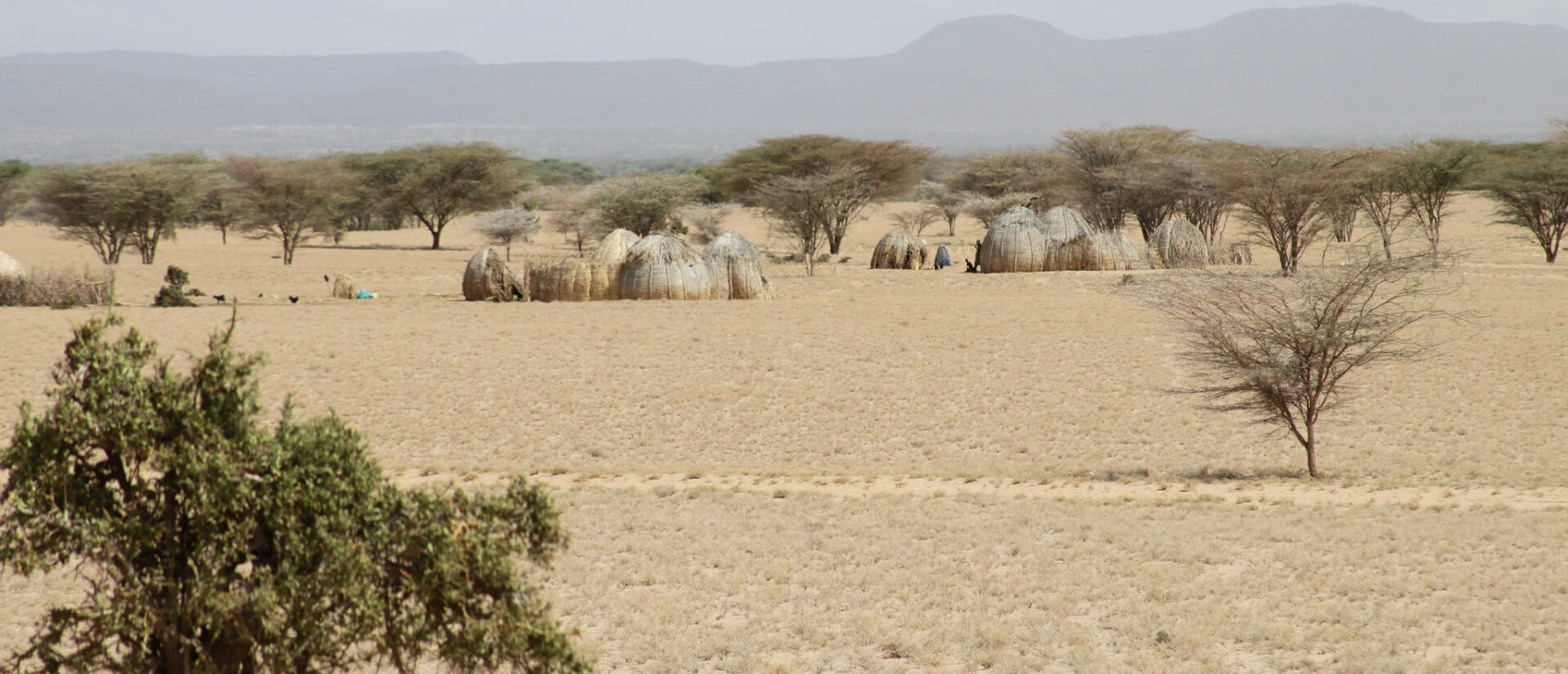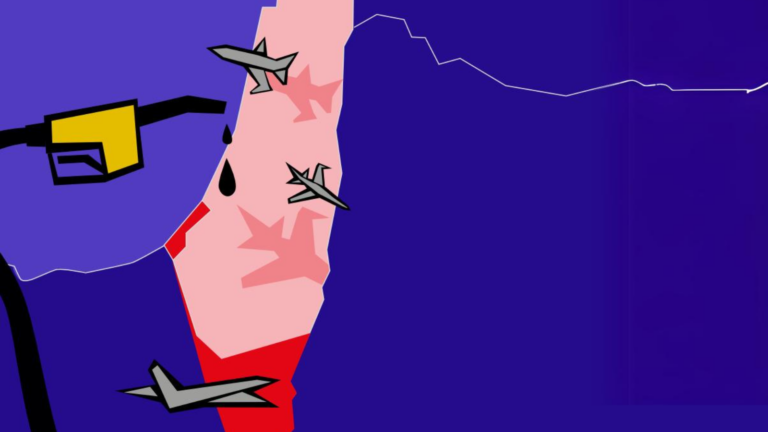
Workshop ‘Addressing human rights impacts of business in Eastern and Southern Africa’
On 10 and 11 april, SOMO is co-organising a two-day workshop in Tanzania on Business and Human Rights in Eastern and Southern Africa. This workshop will provide a forum for over 50 participants to share experiences and learning on addressing adverse impacts on the rights of communities and workers created by business activities, in particular the extractives sector and other land-intensive industries.
Participants will discuss the potential of different instruments to prevent adverse business-related human rights impacts and improve access to remedy – looking at global and regional normative developments such as National Action Plans on Business and Human Rights, and the draft State Reporting Guidelines and Principles on Articles 21 and 24 of the African Charter relating to Extractive Industries, Environment and Human Rights Violations. Participants will include representatives from national human rights institutions (NHRIs) and civil society organisations (CSOs) from Kenya, Tanzania, Uganda, Zambia, Mozambique and South Africa; state representatives from Kenya and Tanzania (since these are the focus countries of the organisers); as well as representatives from the African Commission Working Group on Extractive Industries, Environment and Human Rights Violations, the African Union (AU), and selected experts.
Regional context
Over the past few years, many Eastern and Southern African countries have seen increased investment in their extractives, agricultural and infrastructure sectors, for example: natural gas exploration in Tanzania’s Mtwara region and oil in Kenya’s Turkana region. Well-structured extractives projects have the potential to improve countries’ economies and lift thousands out of poverty. At the same time, land-intensive projects risk adversely impacting the livelihoods and well-being of neighboring communities, and as such are closely interlinked with access to land and a healthy environment. When these risks materialize, communities. often lack access to remedy for the human rights abuses they experience. Furthermore, land-intensive sectors frequently have an adverse impact on land governance as countries may prioritise land requirements of investors (often foreign) over those of communities, who often do not have recognized legal titles while investors have legal contracts backed by international agreements.
The workshop is part of the project: “Implementing the United Nations Guiding Principles on Business and Human Rights in Sub-Saharan Africa”, executed by SOMO, DIHR, KNCHR, KHRC, CHRAGG and BHRT.
Workshop-on-business-and-human-rights.pdf (2472 downloads ) Programm-10-11-april-Tanzania.pdf (2441 downloads )Do you need more information?
-

Joseph Wilde-Ramsing
Advocacy Director
Partners
-
DIHR
-
KNCHR
-
CHRAGG
-
BHRT
-
Related news
-
 SOMO submits input for update of UN List on corporate involvement in Israeli settlementsPosted in category:NewsPublished on:
SOMO submits input for update of UN List on corporate involvement in Israeli settlementsPosted in category:NewsPublished on: -
Chain of consequences Published on:
 Joshua RosenzweigPosted in category:Publication
Joshua RosenzweigPosted in category:Publication Joshua Rosenzweig
Joshua Rosenzweig
-
Fuelling the flames in Gaza Published on:
 Lydia de LeeuwPosted in category:Publication
Lydia de LeeuwPosted in category:Publication Lydia de Leeuw
Lydia de Leeuw

